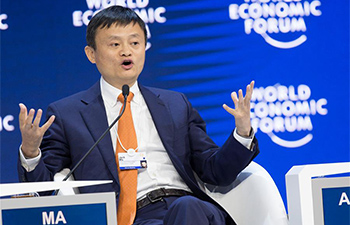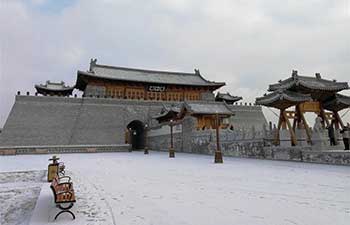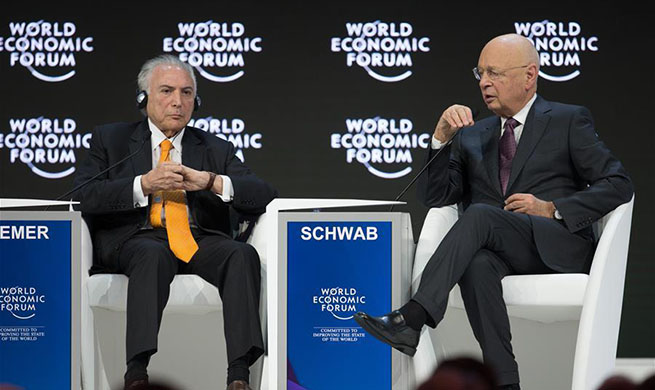BRUSSELS, Jan. 24 (Xinhua) -- The European Union (EU) has fined U.S. smartphone chip supplier Qualcomm 997 million euros (1.23 billion U.S. dollars) for abusing its market dominance, as its actions were found illegal under EU anti-trust rules, the European Commission said on Wednesday.
Qualcomm is the world's largest supplier of long-term evolution (LTE) baseband chipsets, which enable smartphones and tablets to connect to cellular networks and are used both for voice and data transmission.
The Commission said Qualcomm illegally shut out rivals from the market for LTE baseband chipsets for over five years, thereby cementing its market dominance.
"Qualcomm paid billions of U.S. dollars to a key customer, Apple, so that it would not buy from rivals," said Margrethe Vestager, EU commissioner in charge of competition policy.
These payments were not just reductions in price, they were made on the condition that Apple would exclusively use Qualcomm's baseband chipsets in all of its iPhones and iPads, Vestager said.
In 2011, Qualcomm signed an agreement with Apple, committing to make significant payments to Apple on the condition that the company would exclusively use Qualcomm chipsets in its iPhone and iPad devices. In 2013, the term of the agreement was extended to the end of 2016.
The agreement made clear that Qualcomm would cease these payments if Apple commercially launched a device with a chipset supplied by a rival company.
"This meant that no rival could effectively challenge Qualcomm in this market, no matter how good their products were. Qualcomm's behavior denied consumers and other companies more choice and innovation and this is a sector with a huge demand and potential for innovative technologies. This is illegal under EU antitrust rules," she added.
Other chip manufacturers active in this market, such as Intel -- the largest supplier for chipsets used in computers -- has tried to challenge and compete with Qualcomm for customers.
Internal documents show that Apple seriously considered switching part of its baseband chipset requirements to Intel. However, because of Qualcomm's exclusivity condition, Apple decided against doing so until the agreement came to an end.
The Commission opened its investigation in July 2015 and sent a statement of objections to Qualcomm in December, followed by a letter sent in February 2017 setting out additional factual elements relevant to the final decision.
The fine represents 4.9 percent of Qualcomm's turnover in 2017.
Qualcomm said in a press release on Wednesday that it strongly disagreed with the European Commission's decision and would immediately appeal it to the General Court of the European Union.
"We are confident this agreement did not violate EU competition rules or adversely affect market competition or European consumers," said Don Rosenberg, executive vice president and general counsel of Qualcomm. "We have a strong case for judicial review and we will immediately commence that process."

















